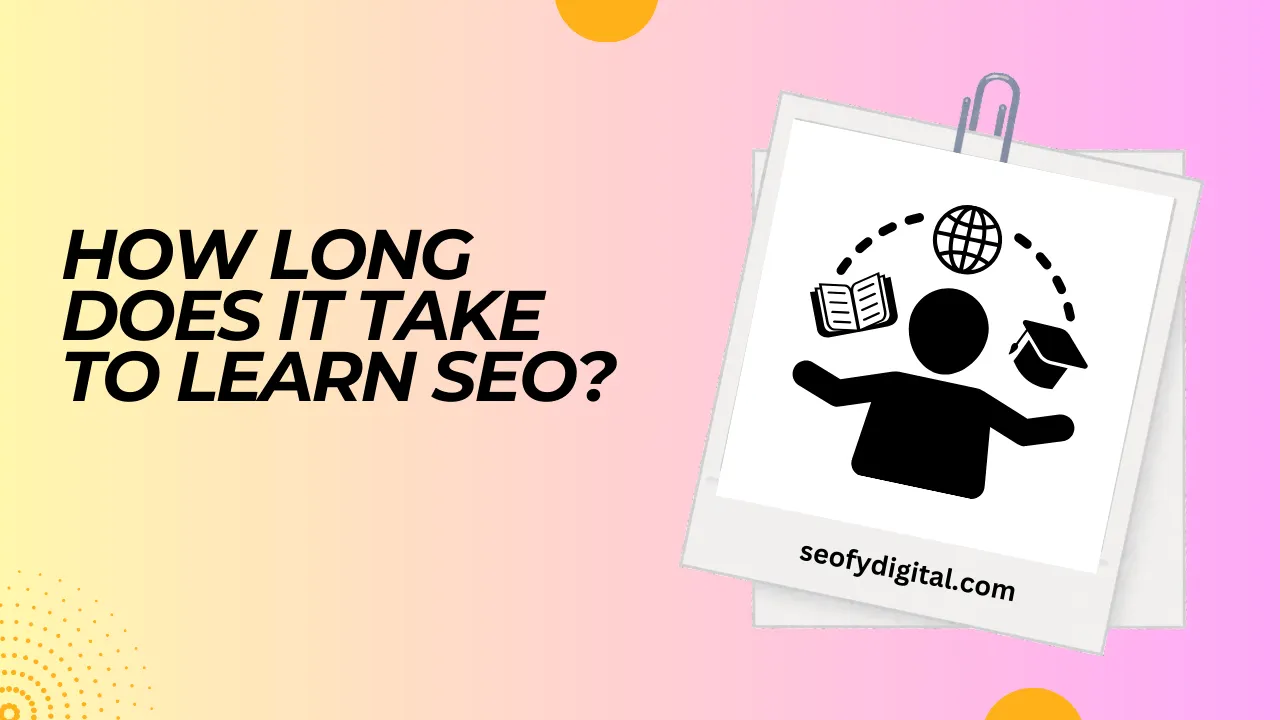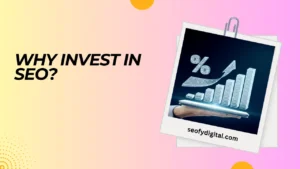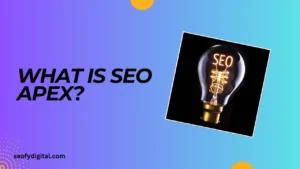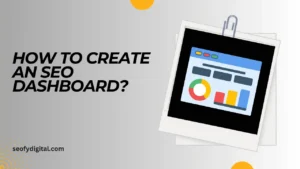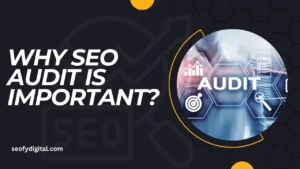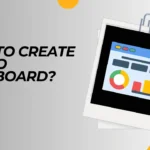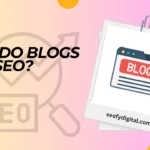Have you ever wondered how websites climb to the top of Google search results? Or why some pages seem to magnetically attract visitors while others remain invisible? This magic is known as SEO, or Search Engine Optimization—a craft that can take your website from obscurity to online stardom.
But how long does it really take to master SEO? Unlike quick-fix skills, SEO demands patience, commitment, and continuous learning, as it operates within a rapidly changing digital world where Google algorithms are always evolving. The path to SEO expertise isn’t a sprint; it’s a marathon that requires you to constantly adapt and refine your skills.
SEO isn’t a one-size-fits-all skill. Each journey is unique, influenced by factors like prior knowledge, dedication, and the learning resources you choose. Some can grasp the basics in just a few weeks, while others may spend years refining their techniques to keep up with industry trends.
For many, SEO begins with foundational knowledge—understanding search engines, keywords, and optimization tactics. Yet, as you dive deeper, technical SEO and on-page and off-page strategies add layers of complexity, making SEO an exciting challenge with each new update.
In this guide, we’ll break down the steps to learning SEO, from grasping the basics to mastering technical details and developing a long-term strategy. If you’re ready to embark on this rewarding journey, keep reading. We’ll discuss the key components that can transform your SEO journey, how to set achievable learning timelines, and why this journey is a critical investment in your digital success.

Contents
Understanding the Basics of SEO
The first step in mastering SEO is understanding its core concepts, which form the building blocks of all SEO strategies. At the heart of SEO lies knowledge about search engines and how they function.
Search engines use algorithms to rank pages based on relevance and authority, meaning your content needs to align with what users are looking for. Keywords play a crucial role here—identifying the words and phrases people use to find information allows you to tailor content accordingly.
In addition to keywords, meta tags (like titles and descriptions) serve as labels that tell search engines about the content on your pages. They help improve visibility, making it easier for users to find your site.
On-page optimization is another essential aspect, which involves refining each page’s content and layout for search engines. Finally, backlinks are valuable external links from other websites that build credibility, signaling to search engines that your site is reputable and worthy of a higher rank.
Mastering the basics may take a few weeks or up to a few months, depending on your background. Consistent practice, however, is the best way to solidify these concepts.
Technical SEO
Once you’re comfortable with SEO fundamentals, technical SEO becomes the next focus. Technical SEO involves optimizing your website’s structure to ensure it’s easily crawled and indexed by search engines.
This includes setting up XML sitemaps and robots.txt files to direct search engines on which pages to prioritize. The URL structure should also be clear, concise, and keyword-rich to improve user experience and search engine rankings.
Another key factor is mobile-friendliness—a mobile-optimized site is now crucial, as more people browse on their smartphones. Page speed is also a vital component, as slow-loading pages can hurt rankings and user experience.
Mastering technical SEO might take several months, especially if your site has a complex structure or you lack a technical background. Regular testing and using tools like Google Search Console can aid in monitoring and enhancing technical aspects.
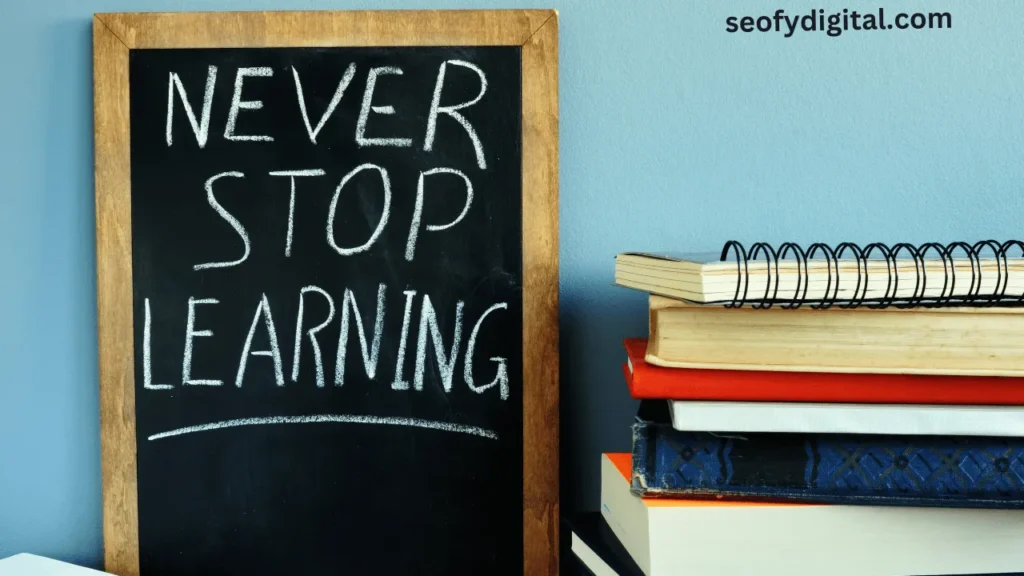
On-Page SEO
On-page SEO is all about optimizing the content within each webpage. Content creation and optimization lie at the heart of this step—crafting valuable, relevant content that resonates with your target audience.
Effective keyword optimization is essential here, where keywords are strategically integrated within headings, paragraphs, and images. Using header tags (like H1, H2) helps search engines understand your content’s hierarchy, making it more organized and readable.
Image optimization is another important factor; alt texts and compressed image sizes enhance both accessibility and speed. Internal linking between pages on your website is a valuable strategy for guiding visitors to relevant information, keeping them engaged longer. On-page SEO may take several weeks to a few months to learn, but continued effort is key for sustained results.
Off-Page SEO
Off-page SEO focuses on building a website’s reputation through external links and community engagement. Backlink building is one of the main tactics, where acquiring links from reputable sites strengthens your credibility.
Guest posting on other websites with backlinks to your site is a popular way to build these links, but quality is more important than quantity—only links from high-authority sites are beneficial.
Social media marketing is another critical element; by sharing your content on platforms like Twitter, LinkedIn, and Facebook, you can drive traffic and gain exposure. Local SEO is also crucial for businesses targeting local audiences, involving optimizing your site for local searches through platforms like Google My Business.
Mastering off-page SEO can take months or even years, depending on your goals and the competitiveness of your niche.
Continuous Learning and Adaptation
SEO is not static—algorithm updates from Google and other search engines constantly change the rules. To stay competitive, SEO professionals must keep up with industry trends and tools that refine and expand SEO strategies. For instance, a new Google update might emphasize user experience more than before, prompting changes in your approach.
Effective SEO practitioners stay informed by following SEO news, attending webinars, and using tools like Google Analytics to monitor performance. As SEO is a lifelong learning journey, committing to regular learning is crucial for long-term success in this field.
Conclusion
Mastering SEO is not a destination but a dynamic journey that requires constant dedication and adaptability. Beginning with the basics, you build your knowledge step by step—starting with foundational concepts, moving into technical and on-page optimization, and finally working on off-page SEO.
SEO is a long-term investment that pays off as your site’s visibility and credibility grow.Key takeaways? Consistency and a willingness to learn are your best assets in this field. Start by getting comfortable with the essentials, gradually build upon your skills, and remember that practice and adaptation are key to SEO success.
If you’re ready to dive in, countless resources and tools await to aid your journey. Embrace the process, and enjoy the rewards of enhanced visibility and website growth.
FAQs
1. How long does it take to learn SEO?
It depends on your dedication and learning pace; basics take a few weeks, while advanced knowledge can take months or even years.
2. Can I learn SEO by myself?
Absolutely! Many online resources, courses, and tutorials can help you learn SEO at your own pace.
3. What are the best tools for learning SEO?
Tools like Google Analytics, Ahrefs, and SEMrush are invaluable for understanding SEO and monitoring progress.
4. Is technical SEO necessary to learn?
Yes, technical SEO is essential for optimizing your website’s structure, speed, and mobile-friendliness.
5. How often does SEO need updating?
SEO is continuous; algorithm updates mean ongoing adjustments to maintain rankings.
6. Is backlink building still relevant?
Yes, high-quality backlinks are still important for establishing site authority and improving rankings.

